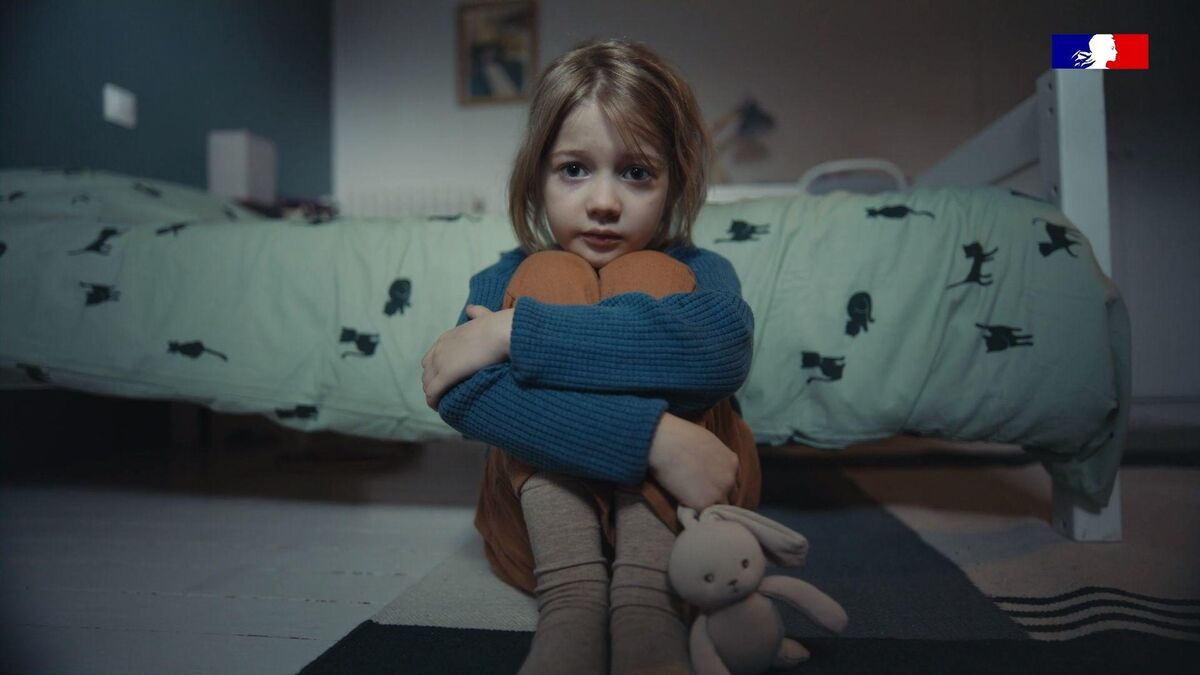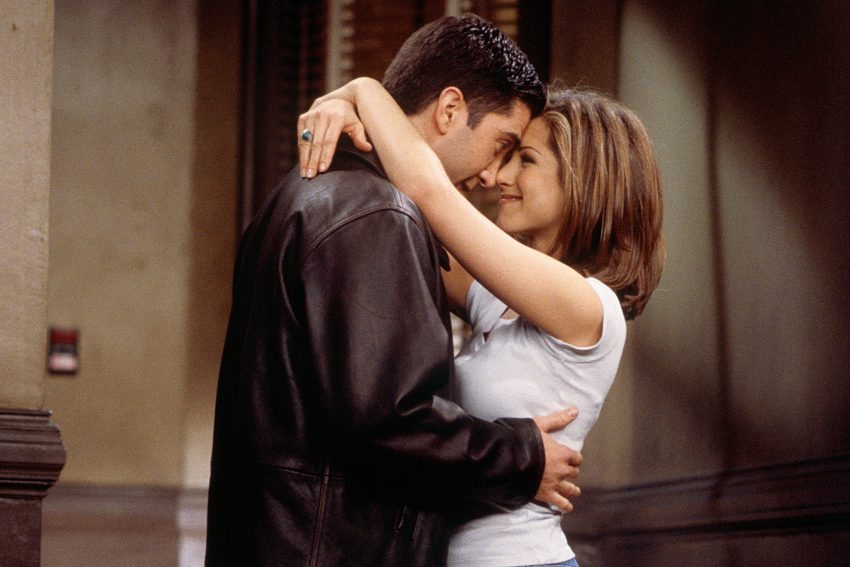160,000. This is the number ofchildren victims of sexual violence every year, according to CIIVISE. On the occasion of International Day of the Rights of the Child, Prime Minister Élisabeth Borne brought together eleven ministers in an inter-ministerial committee dedicated to children, which led to the presentation of a new government plan to combat violence against children.
Hiring to strengthen the 119 staff, resources allocated to the prevention of violence, improvement of assistance to child victims, new sexual life education programs… In total, 22 actions make up this new plan. Smokescreen or real progress? to miss asked the question to Protect the childAssociation for the defense of children’s rights.
Three questions to Céline M., founder and president of the Protéger l’Enfant association
To miss. What do we think of the measures presented by Élisabeth Borne?
Celina M. Fundamentally, we do not question the government’s proposals which are part of the fight against violence against children. We welcome measures to improve care for child victims, such as the deployment of UAPEDs (Pediatric Reception Units for Children in Danger), which is something we have been calling for for a long time. But for us this plan remains largely insufficient. There are huge gaps in terms of judicial treatment: we are faced, with the protective mothers we support, with dysfunctions, legislative deficiencies. For us, the government’s plan should have included several recommendations aimed at protecting protective parents.
What do you think should be put in place?
We recommend several things. The first is an action carried out by the Children’s Collective, which represents 44 associations. This measure was also taken up by CIIVISE under the name “child safety order”. As soon as a complaint or complaint is filed against a parent suspected of being the perpetrator of violence against the child or the other parent, we ask for the immediate referral within six days to the Family Affairs Judge, so that the latter can adopt urgent measures with regard to the elements of the file.
The Santiago bill, in the parliamentary shuttle, concerns the consequences (once there are instructions). But three years or more can pass between filing a complaint and starting an investigation. Today there is a civil protection order for women that is based on a series of clues when domestic violence is plausible, without attacking the presumption of innocence. Why can’t we do the same for children?
Another essential area: we must reform the crime of failure to represent a minor. We demand criminal immunity for protective parents. This does not mean eliminating the crime of failure to represent a minor, because there are proven cases. But we hope that it does not apply when there is a sufficiently compelling body of evidence to believe that violence occurred. At the same time, we ask that protection professionals, when they report, are also protected. That this has no repercussions on their professional activity.
At a legislative level, the suspension of the exercise of parental authority must be automatically accompanied by the revocation or suspension of the right to visit and accommodation, with all modalities included. This therefore also includes mediated visitation rights. We also ask that it is no longer possible to use centers advertised in the context of domestic violence. We have cases of protective mothers where the father has been convicted of violence. However, children have to see it legally in a media center and this creates a total upheaval. We observe school dropouts, suicidal desires… numerous psychotraumas are thus reactivated.
Furthermore, today, psychological monitoring of the child is mandatory be subject to validation by both parents. And often the potentially abusive parent refuses and blocks follow-up. We therefore ask that if a protective parent gives consent, a follow-up is possible. Or that a judicial decision can dispose of it when there is clearly trauma to be treated.
What signal does this new government plan send?
For us this is a double signal. On the one hand, politicians are addressing the issue, which is very positive. We need this spotlight to move things forward. But it’s also a very confusing signal. This announcement took place at the end of the day, at the same time as the public return of CIIVISE, which delivered its recommendations to the Maison de la Radio on the same day. We are very surprised that there was no coordination, that Elisabeth Borne did not mention the work of CIIVISE.
For me it was clearly an action to be carried out hand in hand with CIIVISE. Furthermore, Protect the child he is very worried about the fate of Judge Durand, currently co-president of CIIVISE. He is a person who greatly respected and listened to the victims, who did a remarkable job of precision, analysis and accuracy. Édouard Durand is a resource for the protection of children’s rights. And it would be a very bad signal for us if his mandate were not renewed. It is essential to have continuity of thought and action on such a delicate topic.
Add Madmoizelle to your favorites on Google News so you don’t miss any of our articles!
Source: Madmoizelle
Mary Crossley is an author at “The Fashion Vibes”. She is a seasoned journalist who is dedicated to delivering the latest news to her readers. With a keen sense of what’s important, Mary covers a wide range of topics, from politics to lifestyle and everything in between.





